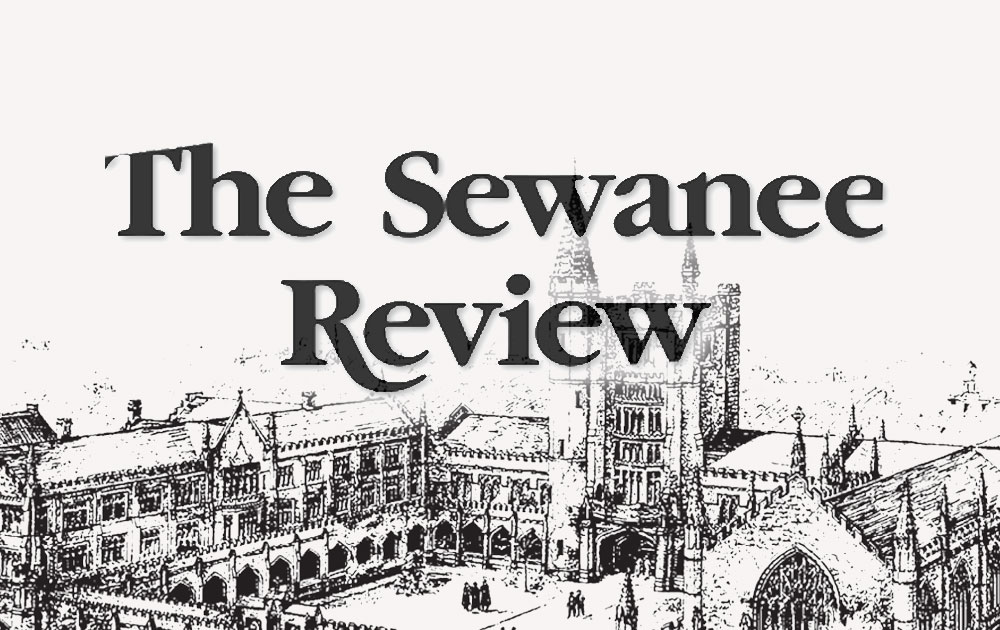
Here’s what they don’t tell you about falls: You keep falling again and again. You fall off curbs. You fall down the stairs. You fall in the shower. You are an astronaut, floating and flailing through space, while everyone surrounding you seems to be on terra firma. Life reveals itself as that childhood game, Chutes and Ladders, in which you spin the arrow and land on an unfortunate square and down you go. Your mind does this to you, and it does something else, too.

I obsessed over every detail. How would I greet him? Shake his hand? Give him a hug? Who should pick up the check at the end of the meal? The lunch loomed in my calendar for months, eclipsing all else. The possible faux pas seemed endless. Even the most updated edition of Emily Post’s Etiquette does not contain an entry for how to behave when meeting one’s biological father for the first time at the age of 54.

As I begin to write you this letter, it’s late afternoon in Connecticut on the kind of perfect early spring day when the birdsong is just a bit . . . chirpier, and the branches of the maple tree out back are beginning to redden. A few daffodils and snowdrops have pushed their way up through the soil. They don’t know it’s meant to snow tomorrow. They don’t know that the number of confirmed novel coronavirus cases in our state is now at 233, with the assumption that there are many, many more people who are infected, contagious, and haven’t been tested. They haven’t studied the flatten-the-curve graphs. Out my window, a crow caws.

If the desire to procreate is one of the most powerful of human urges, so too is the desire to know our own identity. In the complex calculus of reproductive medicine, the achievement of a baby is considered the end–a success–when in fact it’s just the beginning.

People who have read my work feel as if they know me. And while certainly there is a powerful intimacy inherent in the experience of reading memoir, readers who meet me seem a bit embarrassed by this intimacy, as if, rather than having read my books, they have seen me naked without my consent. They seem to think of memoirs as more personal than any other literary form, as if the word “memoir” necessarily signals confession, testimony, diary and strip tease all in one.

A cool and smooth mind, such as Woolf’s that day, is attainable for me only through the body. When I am able to take my yoga practice off the mat and return to my desk (or chaise) and write from some activated space—from the solar plexus, say, or the heart, or the hips—I have some hope of making something happen on the page.

As a young woman, I spent a lot of time in church basements. This was a direct result of having previously spent a lot of time in bars. I had made a mess of my life and had stumbled through the doors of Alcoholics Anonymous as a lost soul, a penitent into a house of worship. Here was something I could fix; I could stop drinking. I had no idea whether drinking was the root of my problems, or merely a symptom, but I was pretty sure that no one’s life had ever been made worse by getting sober.

If every industry has its trade show, and if writing can possibly be described as an industry, A.W.P. has become a thriving nexus of all things literary.

Everybody has critics, but how do you figure out which ones are worth taking seriously? After years of fixating on bad reviews and ignoring good ones, writer Dani Shapiro found an answer.

As a memoirist, I know well the projections and insults that go with the territory, and Lisa was ultimately a memoirist. Twitter was her tool, and the aggregate of her tweets formed a kind of literature.

In an essay on Emily Dickinson, the poet Adrienne Rich once wrote, “It is always what is under pressure in us, especially under pressure of concealment—that explodes in poetry.” We live in a time in which little is concealed, and that pressure valve—the one that every writer is intimate with—rarely has a chance to fill and fill to the point of explosion. Literary memoir is born of this explosion.

Dear Disillusioned Reader Who Contacted Me on Facebook, I’m sorry that my life as outlined by Google did not line up in synchronicity with the narrative of my memoir

Hardwick will never read these words, but I wanted to do her proud. I hoped to apply my “working psychology” to hers, and in so doing, add a layer to the ongoing, ever-evolving, edifice of transparencies, as soaring and beautiful somehow as real as her New York––or mine––or the cities still to come.

In the last five years or so, writers have started to juggle three realities... We have our “real” selves, of course—the ones who put dinner on the table and drive the kids to school and go out for a few beers with friends; then we have our creative selves, which require the solitude, the space to access the private, internal place which we write from; and then we have this whole other self, one that threatens to encroach on the other two: our “avatar” selves—the pixelated, haiku version that tweets and maintains a Facebook page...

Shenkman pushes back with his legs, smooth and hard. Thinks of his old coach’s word: fluid. Hinges his upper body, then slides forward, arms extended. The briefest pause of recovery as the flywheel spins. Drive, recovery. Drive, recovery. He counts. One, two. Full lungs at the catch, empty at the finish. He gives the RowPro a quick glance. Fuck. 6K into this race and two sculls are ahead of him.

A few years ago, I received an e-mail from a man I didn’t know. He had read my memoir. He had been a close friend of my uncle’s and had known my father. He had a story to tell me, a painful, difficult story, he said. He described it as the most shocking thing he’d ever witnessed. Did I want to hear it?

On a recent weekend morning, I set out with my son to do errands. As we drove from the post office to the health food store, he began fiddling around with the radio, looking for NPR. I reached over and turned it off. He turned it back on. I turned it off again. He shot...

I’m writing this on a laptop using a software program called Freedom. Freedom’s sole function—its raison d’être—is that it disables the internet. How many minutes of freedom would you like? The question popped up in a little window in the middle of my screen.

I remember her hands: fingers red, raw, bleeding through layers of skin, all the way from her nails to below her knuckles. A curtain of black hair covered most of her face as she tilted her head forward and lifted her fingers to her mouth. Chewing, biting, quietly gnawing. This was something far beyond a nervous habit. From the moment I saw those hands I wanted to encase them in white cotton so that they—so that she—could heal. I wanted to believe that healing was possible.

Authors used to expect to struggle as they gained experience. But now it is sell -- or else.

Growing up, Dani Shapiro always felt caught in her mother's viewfinder-until she found the strength to break free.

Dani Shapiro spared no effort or expense in her quest to find the perfect egg donor-one with her intellect, her looks, even her feelings. But then they met, and she realized that even the finest reproductions still aren't the real thing

In 1953, nine years before I was born, my father fell in love with a young woman named Dorothy Gribetz. She was a beautiful Orthodox Jewish girl who was, at twenty-seven, startlingly old to still be single in the moneyed religious urban world of my father...

Emma is on her third chaturanga dandasana of the morning, hovering in a push up position an inch off the floor, when Guruji and Shareth enter the shala. It must be about five-thirty judging from the...

My mother's rage against my father's family was a part of my life for as long as I can remember. Oh, she was angry at other people too...

Once or twice a month, while getting dressed to go out for the evening, I pick up a double- strand of pearls with an ornate diamond clasp from my dressing table and slip it around my neck...

I am standing in a windowless room furnished only with a video camera set up on a tripod and three taped x's on the floor...

When I was a kid growing up in the New Jersey suburbs, I dreaded summer. Mosquitoes, bees, sunburn, heatstroke...

Janet Hobhouse had published a few novels before The Furies, and she had something of a presence as a critic in the 1980's art world, but she was more of a figure than a writer in those years. Ask anyone...

These are the first words I've written since J. fell down the stairs, unless you count lists. I have lists in my pockets, lists tacked to the bulletin board above my desk. Small lists on Post-its ruffle like feathers against walls and bureaus. Chunky baby food, milk, Cheerios...

At seven on a recent Thursday evening, white stretch limos began arriving at a pier at Twenty-third Street and the F.D.R. Drive, where a rented yacht called Mystique was docked and waiting for the senior class of Landmark High School. It was prom night. . .

One recent Saturday afternoon on the main floor of Barneys, R., an attorney in his early thirties, huddled near the Chanel counter with an auburn-haired woman. She was too old to be his girlfriend but too young. . .

On a recent Friday morning, Cantor Philip L. Sherman found himself stuck in traffic on the Cross Bronx Expressway. Sherman's destination was Melville, Long Island, where he was to perform his third circumcision of the day...

My mother walks through the door of the waxing room at the precise moment the Rumanian lady rips a hot strip of wax from my bikini line. I have been staring alternately at the second hand on the blank face of a wall clock and a poster of a silky-skinned brunette in a...














